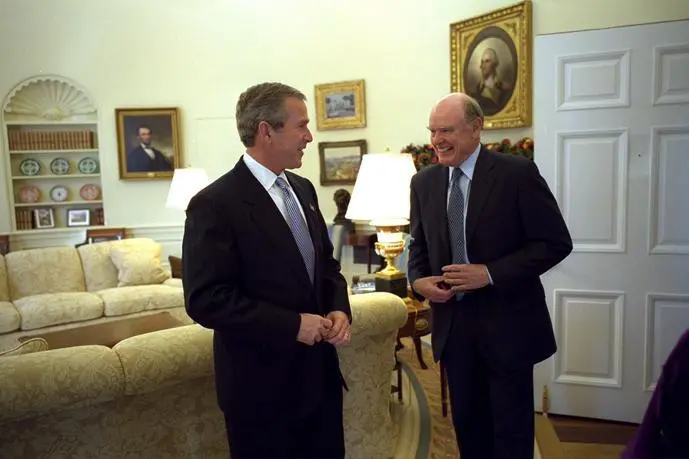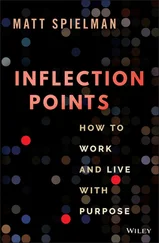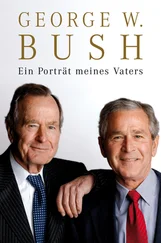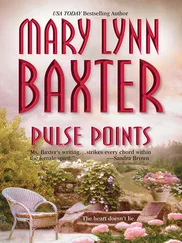At the height of the housing boom, homeownership hit an all-time high of almost 70 percent. I had supported policies to expand homeownership, including down-payment assistance for low-income and first-time buyers. I was pleased to see the ownership society grow. But the exuberance of the moment masked the underlying risk. Together, the global pool of cash, easy monetary policy, booming housing market, insatiable appetite for mortgage-backed assets, complexity of Wall Street financial engineering, and leverage of financial institutions created a house of cards. This precarious structure was fated to collapse as soon as the underlying card—the nonstop growth of housing prices—was pulled out. That was clear in retrospect. But very few saw it at the time, including me.

In May 2006, Josh Bolten walked into the Treaty Room with a guest he was trying to recruit to the administration, Goldman Sachs CEO Henry Paulson. I hoped to persuade Hank to succeed Secretary of the Treasury John Snow. John had been an effective advocate of my economic agenda, from tax cuts to Social Security reform to free trade. He had done a good job of managing the department and left it in better shape than he’d found it. He had been on the job for more than three years and both John and I felt it was time for a fresh face.

With John Snow. White House/Eric Draper
Josh told me Hank was a hard-charger—smart, energetic, and credible with the financial markets. Hank was slow to warm to the idea of joining my Cabinet. He had an exciting job on Wall Street and doubted he could accomplish much in the final years of my administration. He had a fine reputation and did not want his name dragged through the political mud. He was an avid conservationist who loved to fly-fish for tarpon and watch birds with his wife, Wendy—interests he might not be able to pursue. While Hank was a lifelong Republican, he was a party of one within his family. Wendy was a college friend and supporter of Hillary Clinton’s. Their two children were disillusioned with the Republican Party. I later learned that Hank’s mother cried when she first heard he was joining my Cabinet.
In his steady, low-key way, Josh eventually persuaded Hank to visit with me in the White House. Hank radiated energy and confidence. His hands moved as if he were conducting his own orchestra. He had a distinct way of speaking that could be hard to follow. Some said his brain was moving too fast for his mouth to keep up. That didn’t bother me. People accused me of having the same problem.
Hank understood the globalization of finance, and his name commanded respect at home and abroad. When I assured him he would be my primary economic adviser and have unlimited access, he accepted the offer. I was grateful to Wendy and Hank’s family for supporting him. At the time, none of us realized his tests as treasury secretary would rival those of Henry Morgenthau under FDR or Alexander Hamilton at the founding of the country.

When I took office, I became the fourth president to serve with Federal Reserve Chairman Alan Greenspan. Created under President Woodrow Wilson in 1913, the Fed sets America’s monetary policy and coordinates with other central banks around the world. Its decisions have a wide-ranging impact, from the strength of the dollar to the interest rate on a local loan. While its chairman and board of governors are appointed by the president and confirmed by the Senate, the Fed sets monetary policy independently from the White House and Congress. That’s the way it should be. An independent Fed is a crucial sign of stability to financial markets and investors around the globe.
I invited Greenspan to the White House for regular lunches. Dick Cheney, Andy Card, and I would eat. Alan would not. He spent all his time answering our questions. His grasp of data was astounding. I would ask him where he saw the economy headed over the next few months. He would quote oil inventories, changes in freight miles in the railroad industry, and other interesting statistics. As he rattled off the figures, he slapped his left hand against his right fist, as if to jar more information loose. When his position came up for renewal in 2004, I never considered appointing anyone else.

With Alan Greenspan. White House/Eric Draper
When Alan sent word that he would retire in early 2006, we started the search for a successor. One name kept coming up: Ben Bernanke. Ben had served three years on the Fed board and joined my administration as chairman of the Council of Economic Advisers in June 2005. He was well respected by the staff and by me. Raised in a small South Carolina town, he was humble, down-to-earth, and plainspoken. Like me, he loved baseball. Unlike me, his team was the Boston Red Sox. He was able to distill complex topics into understandable terms. In contrast to some in Washington, the salt-and-pepper-bearded professor was not addicted to the sound of his own voice.
I liked to needle Ben, a sign of affection. “You’re an economist, so every sentence starts with, ‘On one hand … on the other hand,’ ” I said. “Thank goodness you don’t have a third hand.” One day in the Oval Office, I ribbed Ben for wearing tan socks with a dark suit. At our next meeting, the entire economic team showed up wearing tan socks in solidarity. “Look at what they’ve done,” I said to Dick Cheney. The vice president slowly lifted the cuff of his pants. “Oh, no, not you, too!” I said.
What stood out most about Ben was his sense of history. He was a renowned academic expert on the Great Depression. Beneath his gentle demeanor was a fierce determination to avoid the mistakes of the 1930s. I hoped America would never face a scenario like that again. But if we did, I wanted Ben at the helm of the Federal Reserve.
As Fed chairman, Ben developed a close relationship with the other members of my economic team, especially Hank Paulson. Ben and Hank were like the characters in The Odd Couple . Hank was intense; Ben was calm. Hank was a decisive business leader; Ben was a thoughtful analyst who had spent much of his life in universities. Hank was a natural talker; Ben was comfortable listening.
Their opposing personalities could have produced tension. But Hank and Ben became perfect complements. In hindsight, putting a world-class investment banker and an expert on the Great Depression in the nation’s top two economic positions were among the most important decisions of my presidency.

With Ben Bernanke ( left ) and Hank Paulson. White House/Eric Draper

I began my final year in office the same way I had started my first, concerned about a bursting bubble and pushing for tax relief.
In mid-2007, home values had declined for the first time in thirteen years. Homeowners defaulted on their mortgages in increasing numbers, and financial companies wrote down billions of dollars in mortgage-related assets. Council of Economic Advisers Chairman Eddie Lazear, a brainy and respected Stanford professor, reported that the economy was slowing down. He and the economic team believed we might be able to mitigate the effects with well-timed tax relief.
Читать дальше















